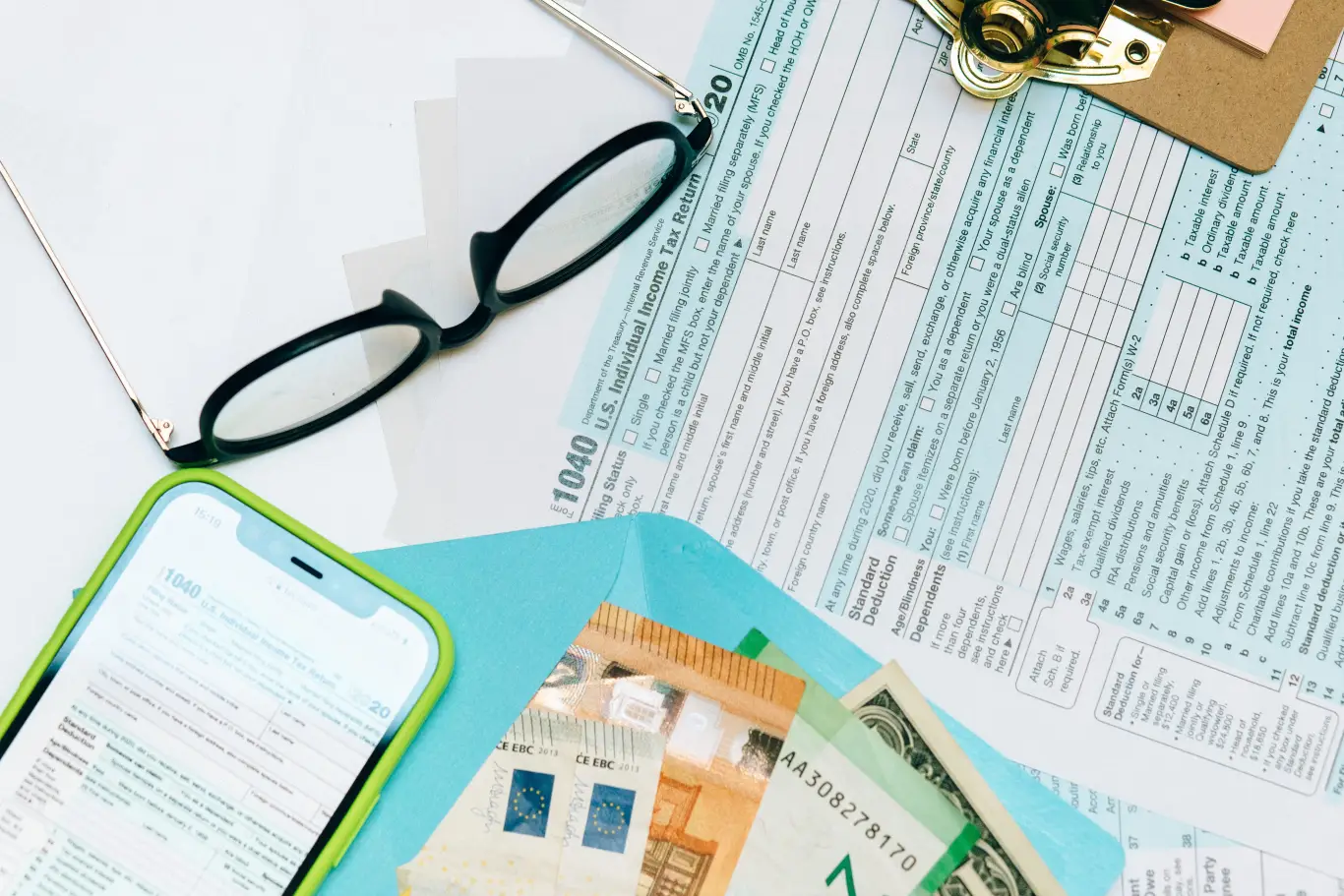This Is How Long You Should Keep Your Financial And Tax Records

It’s easy to get overwhelmed by the thought of keeping financial and tax records for years. How long should you keep them?
There are a lot of different factors to consider when deciding how long to keep your financial and tax records. The IRS has guidelines for how long you should keep certain types of documents, but they’re not always clear-cut.
It depends on your specific circumstances, so it’s best to get some professional advice if you’re unsure about what to do with your records. Keeping financial and tax records can be a daunting task.
It’s not like you necessarily need to keep everything in case of an audit but keeping them for too long means you’re wasting valuable space on your hard drive, and you might not want to throw away something that might have value in the future. So how long do you need to hold onto these documents? To help answer this question, we’ve outlined below some general guidelines for how different long types of documents should be kept.
Brokerage Statements
The length of time you should keep financial and tax records depend on the reason for keeping them. Financial records are generally kept to track your investments, while tax records are kept to help with income taxes and other expenses.
Keep documents for financial records if they help track your investment portfolio or business investments. You can dispose of the rest when they no longer serve their purpose or when the statute of limitations expires (usually seven years).
The IRS wants you to save tax-related documents for a minimum of six years, but some experts recommend keeping them longer—up to seven years if possible—to avoid having too much information thrown out when it’s unnecessary. This includes everything from old W-2s and 1099s that prove deductions to contracts made during an audit period; anything submitted is subject to an additional three years after being filed with a federal agency like IRS or SEC etc.
Tax Returns
You should keep your tax returns for seven years after the due date of the return. After that, you can shred them.
If you’re on an extension, keep your tax return and supporting documents for three years after the due date of your return. This includes any additional time you get from an IRS audit.
You should also keep records related to any audit or appeals once it’s over—for example, if you receive a deficiency notice from the IRS, hold on to this document until all appeals are exhausted or expire under the statute. Once everything is settled with no further action needed, shred these records too.
IRA And 401(k) Statements
You should keep your IRA and 401(k) statements for at least 7 years after contributing. That way, you can always determine your contribution during a given year.
If you lose money in the market, keep it for at least 10 years. This will give you the information you need to calculate any taxes due from this investment.
If you are under 59.5 years old and have not yet withdrawn from your retirement account, keep these statements for at least 5 years. This will allow enough time for an IRS audit if required for any reason during that period (which is highly unlikely but possible).
Life Insurance
You should hold on to your life insurance records for at least seven years. If you’re no longer paying premiums, you can safely eliminate the policy. If you are still paying dividends, keep the policy until its term expires.
Bank Statements
Keep bank statements for at least one year after the transaction date if you are not sure of the transaction date. If a debit or credit on your account doesn’t have an itemized listing of what was purchased with that card, it can be difficult to determine how long those records must be kept.
In this case, hold onto all statements until tax time so that if there is anything questionable on them or any dispute regarding an expense. These documents will be available as proof and can help settle things quickly without having to go through lengthy legal proceedings.
Final Thoughts
In short, the correct answer to this question is “it depends.” You should keep your records for as long as they’re relevant to your tax situation—in some cases, this could be forever.
For example, suppose you are still working and contributing to a 401(k) or have not yet begun taking distributions from an IRA or other retirement account. In that case, you should hold onto these documents indefinitely. If there are any questions regarding whether it’s time for you to file taxes again (or if there was ever a need), those records will come in handy.
Join our SMS club
Gain Massive amounts of information related to Hexa Loans.